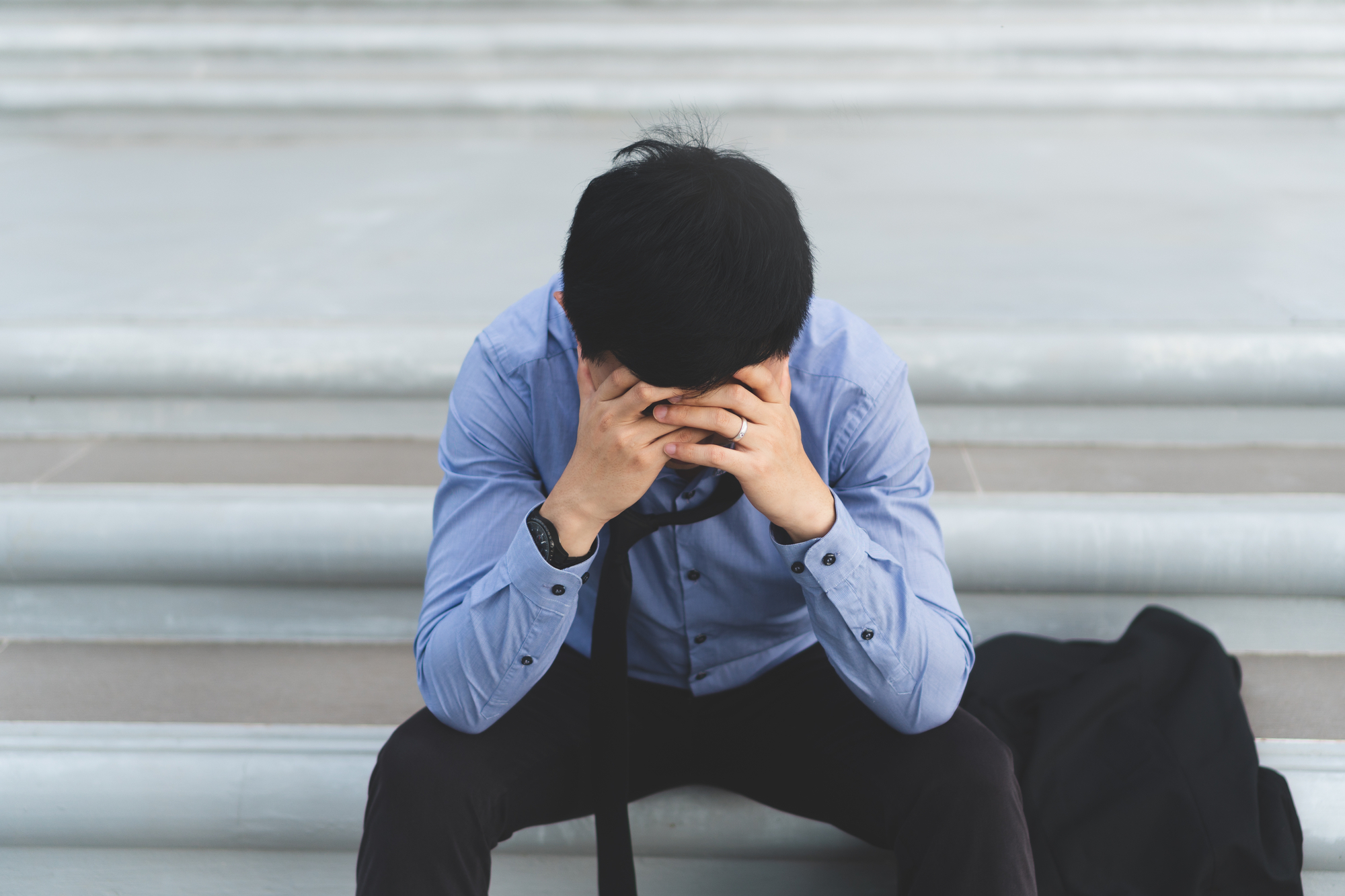SINGAPORE: A 25-year-old Singaporean recently took to social media to express his frustration with the relentless daily grind, revealing that he is “part of the statistics of youths with depression.”
He described his routine: “Wake up at 5am, do menial things, then commute, then work for 8 hours, then commute. Then enjoy my 3 hours of free time in 24 hours, which is half spent on doing necessary things/responsibilities. Maybe an hour to myself, which by then I just want to rest.”
Weekends offer little relief. He explained that two days aren’t enough, with one day often spent resting and the other trying to socialise, which leaves him even more exhausted. “Socialising feels so tiring, I force myself to do it because I need to and it’s good for my mental health, but man. I end up so tired, and don’t have enough time to recuperate by myself,” he said.
“Working feels so bleak. What am I working for? Just to survive?” he questioned. He pointed out that many jobs still offer salaries below S$2,000. He also expressed concerns about the future job market, citing the rise of AI and mass layoffs in various industries.
“Do we really need 8 hours to work? How much of it is actually working? I feel like I only spend 4-5 hours actually being productive,” he pondered. He lamented the stark contrast between school holidays and adult working life, questioning why adults don’t get more time to rest.
He stated, “I feel like a cog in a machine. Work work work with no end or goal in sight.”
Pointing to Singapore’s work culture, he noted, “We aren’t a nation that rests. We aren’t a happy nation. A safe, but unhappy and tired nation.”
“Will anything change for this country? I feel not. Feels hopeless,” he added.
The young man’s post struck a chord with many netizens, who shared their own struggles and advice.
One person suggested working in a job he likes or aiming for early retirement by saving diligently. Another noted the benefits of working flexible jobs like Grab or food delivery, where there’s no boss to report to.
One commenter shared that after leaving Singapore, he felt much happier. “People act like life in Singapore is amazing and that everywhere else is worse but it’s not true. Why not try making plans to leave and see if life can be better elsewhere,” he suggested. He shared that he was a heavy alcoholic at 25 due to similar feelings of despair but found happiness after moving abroad.
The 25-year-old Singaporean who posted mentioned he tried living in Brunei before, finding the slower pace appealing but missing the comfort of family and friends. “Not having family and friends around was far worse since even going home had nothing going for me,” he admitted. Despite his frustrations, he acknowledged feeling slightly better, appreciating having a job, although he wished for broader changes in Singapore.
A mental health professional chimed in, criticising Singapore’s systemic issues and arguing that employees are undervalued and overworked. “Unless you’re a civil servant, most people simply do not feel safe in their workplace,” he commented. He argued that “Singapore is just not a humanistic society, I won’t expect to find deeper meaning and purpose here, other than just work, eat and shop till you drop.”
Another commenter provided a more philosophical perspective, comparing human life to that of ants and trees, suggesting that life’s meaning is what we make of it. “Life ain’t easy. So why make it harder slogging through the details? Have fun while you’re at it. Find the things that pique your interest. In the end, we spend a few decades on earth,” he added. /TISG
Featured image by Depositphotos

